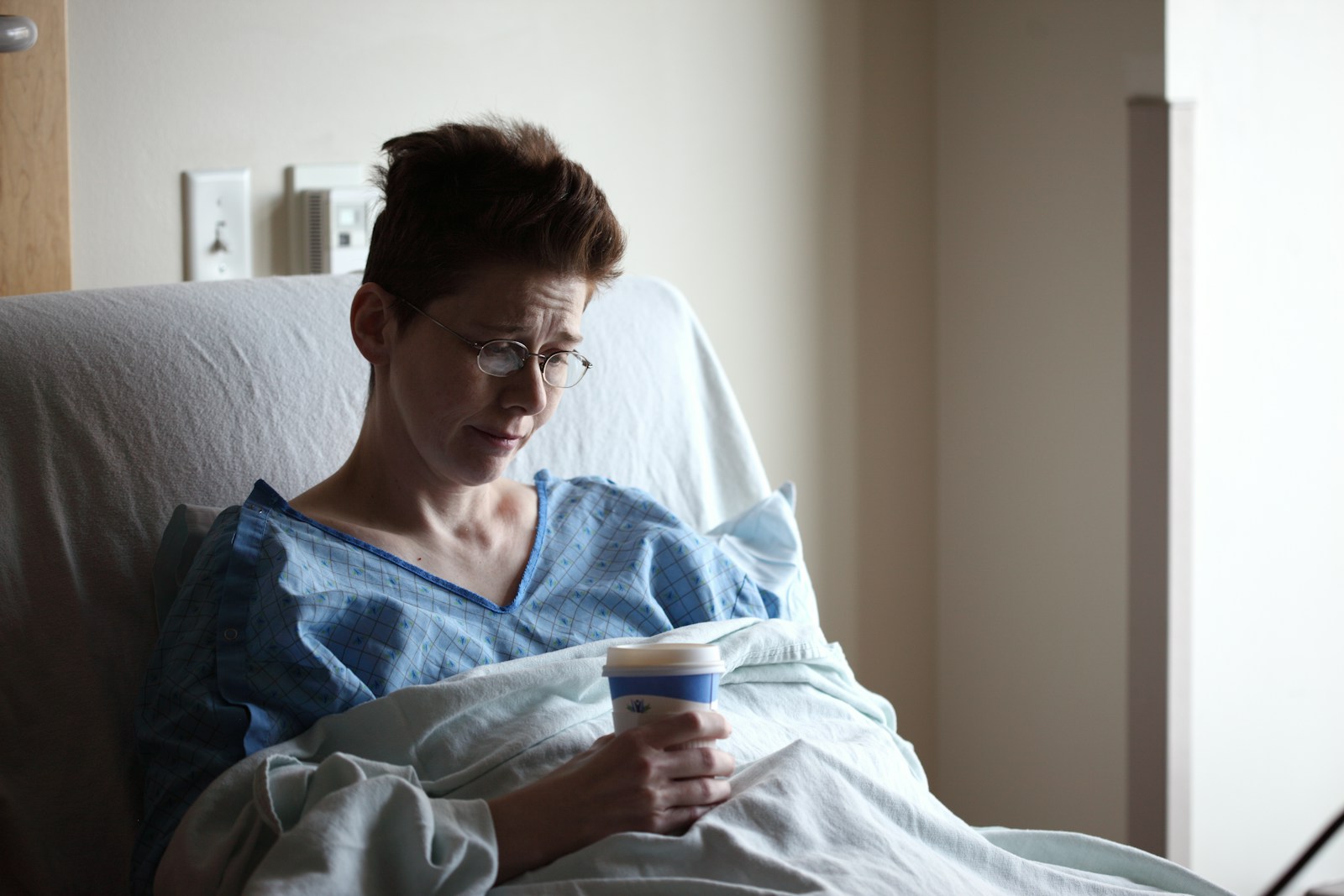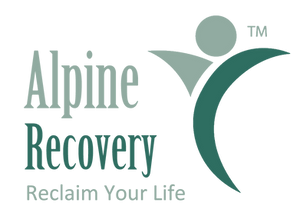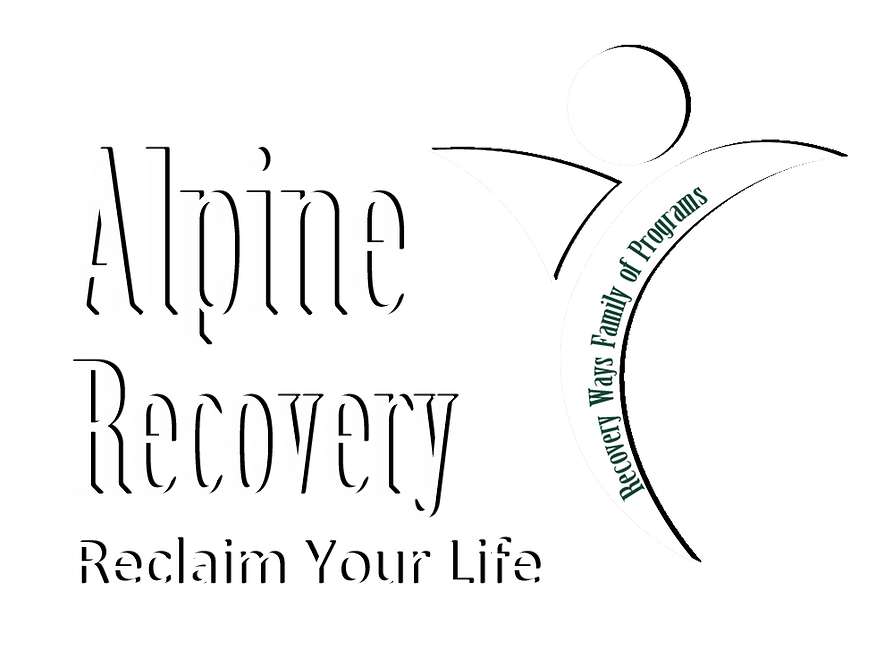Arlington Drug Rehabs
When it comes to overcoming substance use disorders, understanding your treatment options is one of the most important first steps on the journey to recovery. For individuals and families seeking help in Arlington, local rehabs offer a wide array of programs designed to address diverse needs and challenges. These facilities understand that recovery is not a one-size-fits-all process, which is why their programs range from intensive outpatient services to ongoing counseling partial hospitalization programs. Many centers also provide specialized care for co-occurring mental health conditions, ensuring a comprehensive approach to healing both mind and body. With such multifaceted care, these rehabs are equipped to support individuals at every stage of recovery. This guide will explore the varied treatment options available at Arlington drug rehabs, giving you the tools and information needed to take confident, informed steps toward a healthier, substance-free future. Remember, reaching out for help is an act of strength, and the right support system can make all the difference.
Initial Assessment
The initial assessment process at Arlington drug rehabs is a critical and comprehensive step designed to understand the unique needs of each individual seeking help. This personalized evaluation involves a series of interviews, questionnaires, and medical examinations to gather detailed information about the person’s substance use history, mental and physical health, family dynamics, and social circumstances. The goal is to paint a holistic picture of the patient’s situation, identifying underlying issues that contribute to substance use disorder. Specialists use this information to develop a tailored treatment plan that addresses not only the addiction itself but also any co-occurring disorders or challenges that may hinder recovery. By taking into account each individual’s specific conditions and needs, Arlington drug rehabs can offer targeted interventions that significantly improve the chances of successful long-term sobriety. This thorough initial assessment ensures that the foundation for recovery is solidly built on understanding, compassion, and personalized care strategies.
Relapse Prevention
Relapse prevention services are a crucial component of the recovery journey, offering strategies and support systems to help individuals maintain their sobriety over the long term. These services, often available at Arlington drug rehabs, are designed to identify and manage triggers that could lead to a relapse. They incorporate a variety of techniques including cognitive-behavioral therapy, stress management classes, and peer support groups, allowing individuals to build a comprehensive toolkit for navigating the challenges of life post-treatment. Furthermore, relapse prevention plans are personalized, taking into account each person’s unique circumstances, substance use history, and specific risk factors. This individualized approach ensures that participants are not only equipped with general coping mechanisms but also with strategies that address their personal vulnerabilities. By fostering an environment of continuous support and learning, relapse prevention services play an indispensable role in helping individuals solidify their commitment to recovery and significantly reduce the risk of falling back into old patterns.
Partial Hospitalization Program at Arlington Drug Rehabs
The Partial Hospitalization Program (PHP) for drug abuse treatment represents a critical bridge between inpatient care and outpatient services, offering a structured yet flexible approach to recovery that caters to individuals who require intensive therapeutic support without the need for round-the-clock supervision. Typically operating during daytime hours, five to seven days a week, PHP allows participants to engage in a comprehensive array of therapies – including individual counseling, group therapy, family counseling, and educational sessions on substance abuse and mental health. This level of care is designed to help individuals develop coping mechanisms, improve emotional regulation, and build relapse prevention skills while maintaining some degree of autonomy in their lives. Patients can return home after the day’s program, encouraging the application of newly learned strategies in real-world settings. The goal of PHP is not only to address the medical and psychological aspects of addiction but also to empower participants by fostering independence, resilience, and personal growth. It stands as an essential component of the continuum of care for drug abuse treatment, ensuring that individuals have access to tailored support at every stage of their recovery journey.

What to Expect in an Arlington Drug Rehabs Partial Hospitalization Program
- Structured Environment: A carefully planned daily schedule includes therapy sessions tailored to individual needs, educational workshops to build essential skills, and recreational activities to promote relaxation and well-being. This structured approach helps maintain a consistent focus on recovery while providing a supportive and balanced routine.
- Therapy Options: These programs often combine individual counseling, group therapy, and family therapy to provide a comprehensive approach to healing. Individual counseling focuses on personal triggers and underlying issues, while group therapy offers peer support and shared experiences. Family therapy involves loved ones in the recovery process, helping to repair relationships and create a supportive home environment. Together, these therapies address the root causes of addiction and build effective coping strategies for long-term success.
- Round-the-Clock Support: With 24/7 availability, patients have immediate access to both medical professionals and emotional support services, ensuring their safety, comfort, and peace of mind at any time of day or night.
Many who opt for inpatient treatment appreciate the immersive nature of the care provided. Being in a structured, supportive environment with 24/7 access to professional assistance allows patients to fully dedicate themselves to healing. With fewer distractions from daily life, such as work or household responsibilities, they can focus solely on their recovery and take meaningful steps toward long-term well-being.
How Outpatient Treatment Programs Work
Outpatient programs provide a flexible treatment option, enabling individuals to receive care while continuing to manage daily responsibilities such as work, school, or family obligations. These programs are designed to offer support and structure without requiring a full residential commitment, making them an excellent choice for those with mild to moderate addictions or individuals transitioning from more intensive inpatient care. With services such as counseling, therapy sessions, and peer support, outpatient programs help participants build skills and maintain recovery while staying connected to their everyday lives.
Key Features of Outpatient Programs
- Flexibility: Patients attend therapy and counseling sessions during scheduled hours, allowing them to receive the support they need while maintaining their daily routines. At the end of each day, they return home, making this approach ideal for those seeking treatment without disrupting work, family, or other responsibilities.
- Customizable Intensity: Outpatient care offers flexibility to fit your needs, ranging from standard weekly therapy sessions to intensive outpatient programs (IOPs). IOPs provide a higher level of support, requiring several hours of treatment each week, often including group therapy, individual counseling, and skill-building sessions to help patients achieve their goals.
- Community Support: These programs focus on fostering a strong support network that includes family, peers, and counselors, creating a sense of belonging and connection. By encouraging open communication and shared experiences, they help individuals feel supported and understood as they navigate challenges.
While outpatient treatment is effective in helping individuals recover, it requires a high level of dedication and self-discipline to succeed. This type of treatment is most suitable for those who have a stable and secure home environment, as well as a strong support system of family and friends who can provide encouragement and assistance throughout the process. It allows individuals to continue with their daily routines, such as work or school, while attending therapy sessions and receiving care, making it a flexible option for many.
Specialized Treatment Plans for Unique Needs
Recognizing that addiction affects individuals in unique ways, many Arlington drug rehabs provide specialized programs designed to meet the needs of specific demographics. These tailored programs may focus on groups such as teens, women, veterans, or LGBTQ+ individuals, ensuring that treatment addresses their unique challenges and circumstances for more effective recovery.
- Teens and Young Adults: Programs are designed to tackle common challenges such as peer pressure, academic stress, and the pressures of social media. They also focus on building resilience, promoting mental well-being, and offering early intervention strategies to help navigate this critical phase of life.
- Veterans: These treatment plans are specifically designed to address the unique challenges veterans face, including PTSD, trauma from combat or service, and the often difficult process of reintegration into civilian life. They focus on providing tailored support to help veterans build resilience, improve mental health, and navigate the transition to a fulfilling post-service life.
- LGBTQ+ Community: Safe and inclusive spaces play a critical role in addressing stigmatization, identity exploration, and mental health challenges. These environments provide support, understanding, and a sense of belonging, helping individuals navigate the unique struggles they may face while fostering resilience and well-being.
Tailored programs offer a deeper level of care and empathy, going beyond a one-size-fits-all approach to address the unique needs of each individual. By providing personalized attention and support, these programs ensure that every patient feels seen, heard, and valued, fostering a sense of trust and understanding throughout their journey to better health.
The Importance of Aftercare Support Services
Recovery doesn’t end when treatment concludes—it’s an ongoing journey. Aftercare services are specifically designed to help individuals maintain their progress, prevent relapse, and provide the tools needed for long-term success. These services often include counseling, support groups, relapse prevention strategies, and access to resources that make the transition back to daily life smoother and more sustainable. With the right aftercare plan, individuals can build a strong foundation for a healthier, more fulfilling future.
Aftercare Services Available in Arlington
- Family Support: Addiction affects not only the individual but their loved ones as well. Family support services offer education, counseling, and resources to help families heal and strengthen relationships.
- Moral Reconation Therapy: This evidence-based therapy is designed to help individuals recognize and change their unhealthy thought patterns and behaviors. It focuses on developing moral reasoning skills, self-esteem, and responsibility.
- Positive Choices: This program offers support and guidance for individuals transitioning back into society after completing a treatment program. It focuses on developing life skills, employment assistance, and relapse prevention.
- Sober Living Homes: Provide a safe, supportive, and drug-free environment for individuals who need additional structure and guidance as they transition from treatment to independent living. This space helps reinforce healthy habits, accountability, and personal growth during the recovery journey.
- Counseling and Therapy: Continued sessions with trained professionals provide ongoing support and guidance, helping individuals address new challenges as they arise and develop effective strategies to overcome them. These sessions create a safe space for exploring concerns, building resilience, and fostering personal growth over time.
Successful recovery is built on a strong foundation of continued care and support, ensuring individuals have the tools, resources, and encouragement they need to maintain progress and overcome challenges along the way.
Conclusion
Understanding the variety of treatment options available at Arlington drug rehabs can make a world of difference in finding the right path to recovery. These facilities offer a wide range of programs to meet the unique needs of each individual. For those requiring a high level of care, inpatient programs provide 24/7 supervision and a structured environment to focus entirely on recovery. Outpatient programs, on the other hand, offer flexibility for those who need to balance treatment with work, school, or family commitments, while still receiving professional support. These therapies are tailored to address the root causes of addiction and equip individuals with the tools they need to maintain long-term sobriety. If you or someone you love is ready to take the first step, reach out to our expert staff today by calling 1 (360) 658-1388 or clicking Alpine Recovery. Each program is designed with care and intention to empower individuals to overcome addiction, rebuild relationships, and create a sustainable, substance-free future. Recovery is possible, and Arlington rehabs are here to help you every step of the way.



